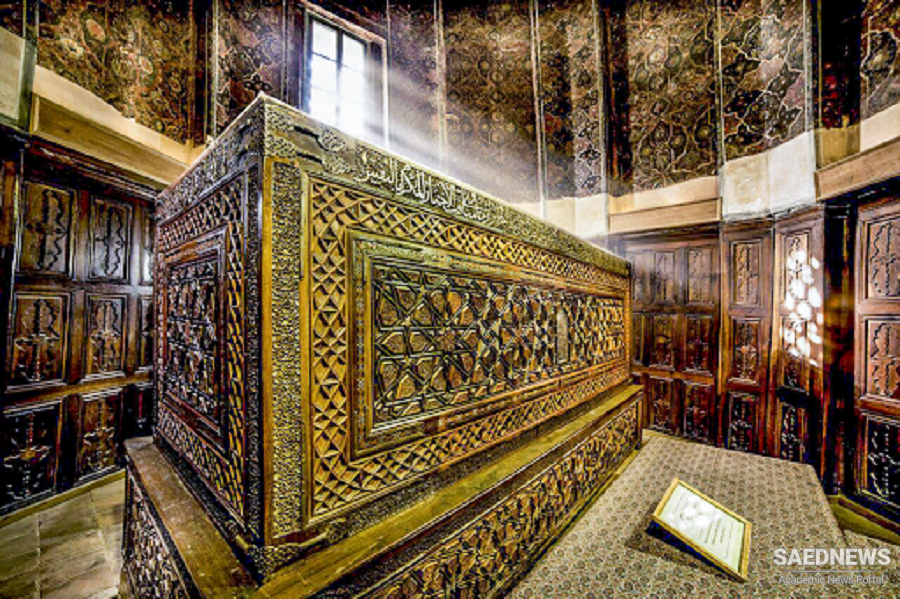But that it was still able to survive and guarantee its subjects good, if not outstandingly good, conditions in which to live, was evident under Safl's son and successor, Prince Sultan Muhammad Mirza, who ascended the throne on 16 Safar 1052/15 May 1642 with the name 'Abbas II. Certainly there could be no question, to begin with, of his influencing the affairs of state, since the new shah was not quite ten years old at the time. Since Saru Taqi remained in office as grand vizier, it was inevitable that his should be the authoritative voice in government. Less self-evident was the part the queen mother played in state affairs. In the case in question, the practicalities of carrying out joint rule were in fact fairly simple, because the grand vizier was a eunuch, so that he was not subject to the usual prohibitions on access to the ladies of the court.
If there had been indications under the rule of Shah SafI that the shift in power from the Turkmen tribal leaders to the shah and the tight centralisation that 'Abbas I had carried through would become a permanency, this now became clearer still. The grandees of the empire (arkan-i daulat), who were no longer dependent on or challenged by the Qizilbash aristocracy, now looked simply to the ruler. Indeed to such an extent was this so that the latter, if ever he should be unwilling to take action or if he should be as yet not of age to rule, could be represented for years by an efficient chancellor of the imperial court or grand vizier without such persons needing - as MIrza Salman Jabirl had once needed - to fear the intrigues of the Turkmen military. This is far from saying that he was proof against the conspiratorial activities of other members of the court, especially the palace eunuchs and the ladies of the harem.
Even though the ruler still possessed supernatural powers in the estimation of his subjects, his role as master of the order now no longer had any practical significance. Perversions of what remained of this role, his alleged incapacity for doing any wrong (so that religious commandments and prohibitions did not apply to him), could have fateful results. The observances that derived from the rule of the order had been replaced by an ingeniously devised court ceremonial which is described in much detail by European observers living in Isfahan at the time. When the Turkmen military aristocracy was stripped of power, the role of the provinces as epicentres of central government was — as we have seen — reduced almost to nothing.
There were among the leading figures of the empire, the incumbents of high office in the court, still some Turkmen tribal princes, but they had no significant power to fall back on in the provinces; they had to be content with fairly small governorships which might be associated with the court offices for which they were responsible. They no longer derived their influence from the fact that they belonged to particular tribes or from the economic power of their office in the provinces, but — like all other servants of the court, such as Georgians, Armenians or Circassians - from the favour of the ruler and, at times, of the grand vizier, largely depending on the degree of loyalty and competence they had shown. All in all, these are the typical characteristics of a court aristocracy. A significant aspect of the situation was that the court offices, which in the ioth/i6th century had been largely only titular, now increasingly entailed specific functions, which on the one hand made their incumbents, i.e. the leading men in the empire, into pillars of the state (arkan-i daulat), and on the other invested them at particular times with considerable influence.


 Shah Safi's Death and a New Wave of Nationwide Crisis
Shah Safi's Death and a New Wave of Nationwide Crisis














































